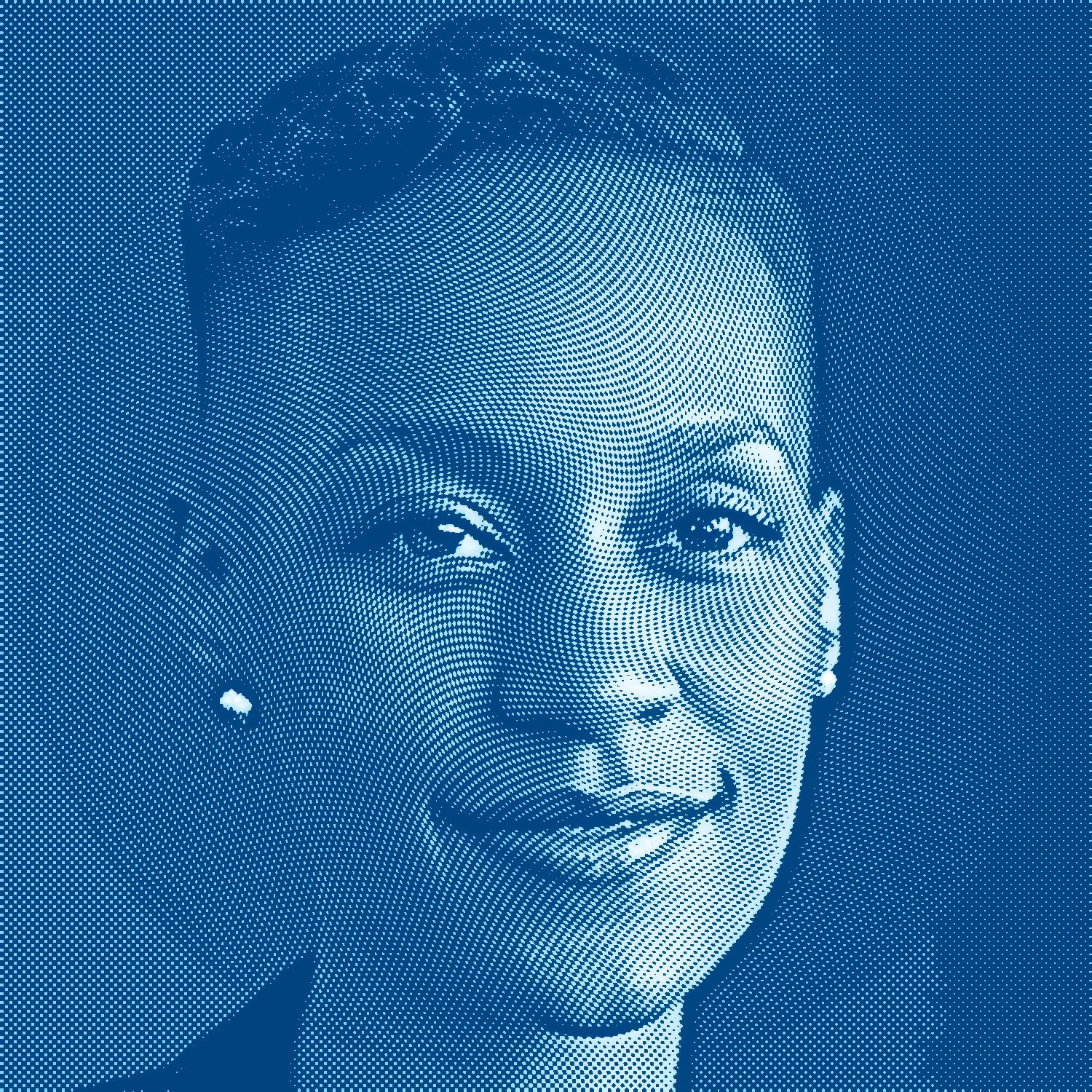The Bellevue City Council approved several major items at its July 15 meeting, including a redevelopment plan for new workforce housing and a $342,457 budget for the city’s Community Development Block Grant program. The housing project, located at 1724 Wilshire Drive, is expected to offer affordable units ranging from $700 for a one-bedroom to $980 for a four-bedroom, with eligibility tied to income and employment location. Council member Kathy Welch emphasized the need for transparency about eligibility requirements, and the resolution passed unanimously.
The council introduced an ordinance to rezone property near 42nd Street and Nebraska Highway 370 for future commercial and multifamily residential use. A public hearing on the proposal will take place during the next council meeting on Aug. 5. The council also voted to start that meeting an hour earlier to accommodate members attending the National Night Out community event later that evening.
There was unanimous approval for a series of upgrades, including fiber installation at the fire training site, traffic signal improvements at U.S. Highway 75 and Capehart Road, design work for resurfacing the library parking lot and a new parking pad and sidewalk at the city cemetery.
Meeting documented by Will Ramsey
Read full meeting notes here
Omaha Documenters is a program that empowers citizens to actively participate in local governance by documenting public meetings. This initiative enhances transparency and accountability by making critical information accessible to the community, fostering informed public discourse, and promoting civic engagement. Through its network of dedicated Documenters, the program bridges the gap between government entities and the public, ensuring that decisions affecting the community are transparent and inclusive. For more information and to get involved, visit documenters.org.
Leah Wambui Keinama boasts a robust professional journey, commencing as a systems engineer and integrator within the software industry. In this capacity, she excelled in the conception, design, construction, and deployment of software systems, adeptly managing projects from inception to completion. Transitioning into the nonprofit realm, Leah directed her expertise towards enhancing food systems, with a particular emphasis on soil health, regenerative agriculture, and bolstering food accessibility while fostering resilient communities. Her repertoire includes comprehensive program design skills coupled with a profound commitment to community engagement. Leah's fervor for cultivating networks and forging meaningful connections underscores her dedication to advancing organizational goals.



